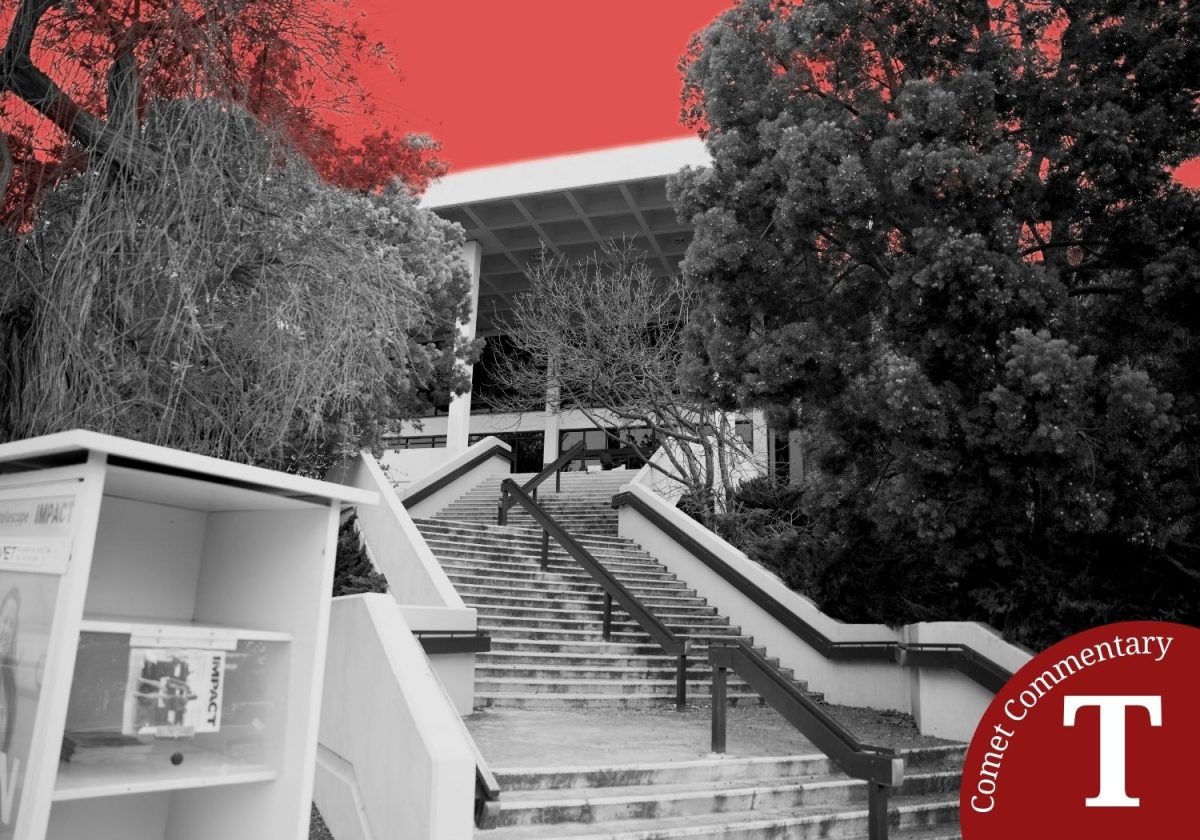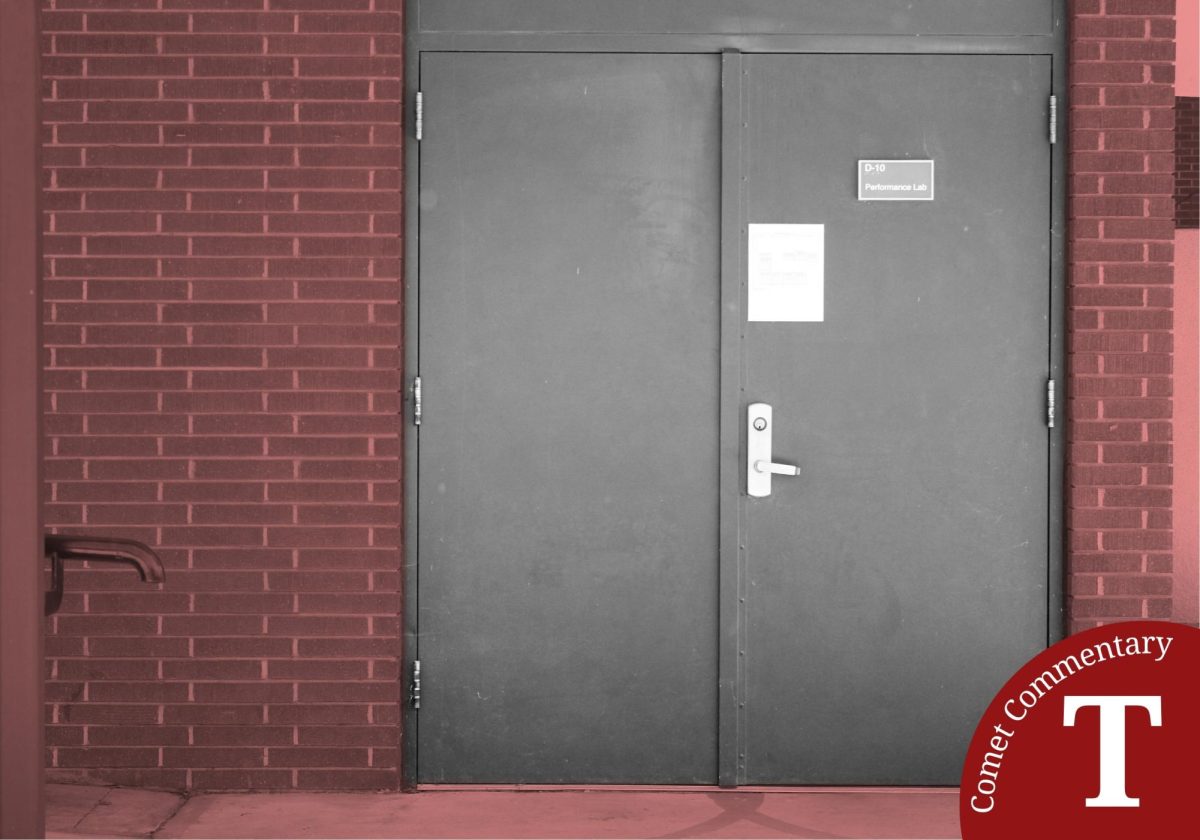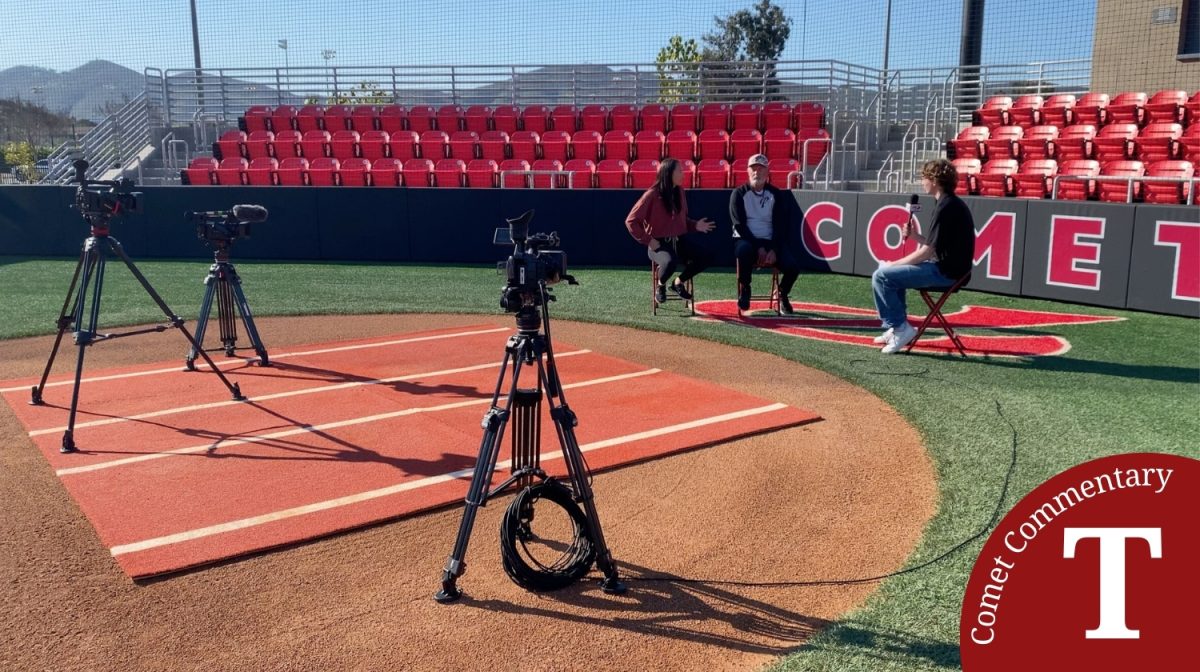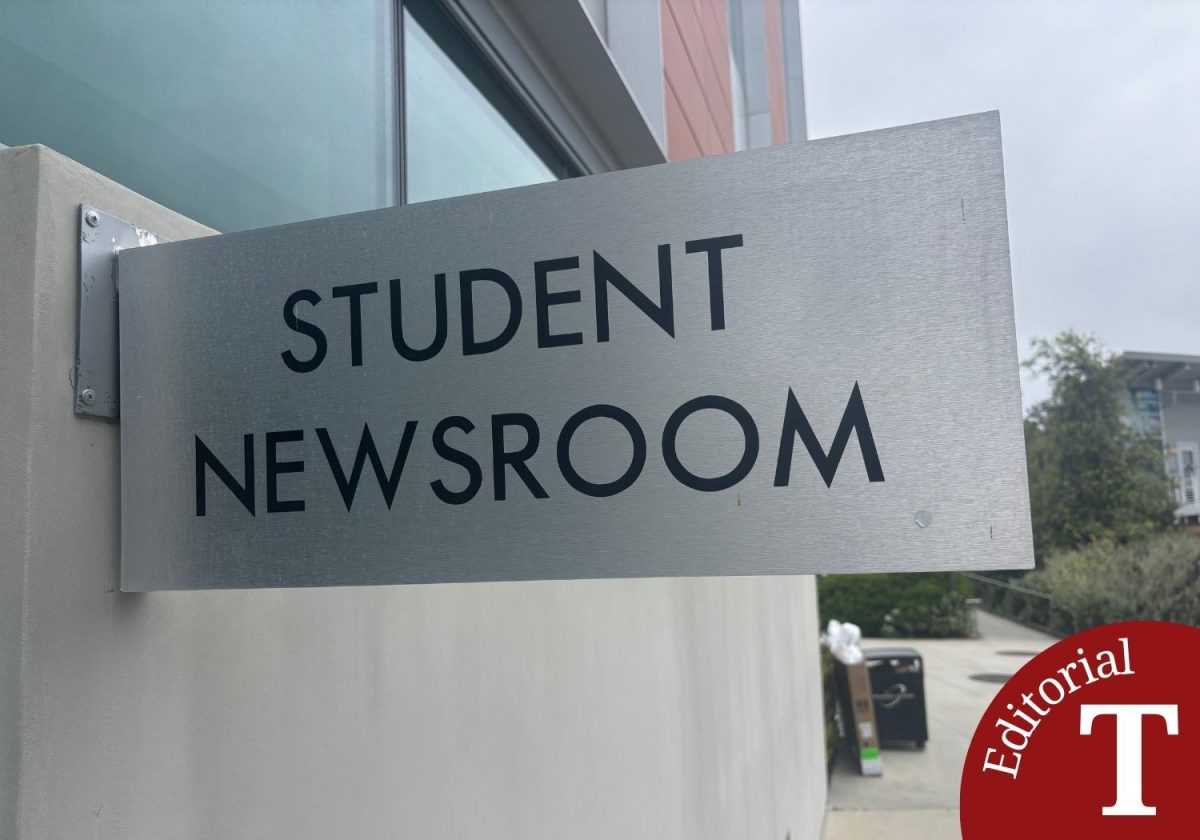Feeling anxious, overwhelmed, and stressed is how college students describe feeling with having to attend classes through virtual meetings while being at home.
Looking at the way college students describe their “college experience” during the ongoing COVID-19 pandemic, may be the reason students have dropped out of college when everything switched to online.
According to the article “College Dropout Rates” by Melanie Hanson, she mentions that nearly around 3 out of 10 freshman students in college have dropped out before their sophomore year, and 38% of college students have recently dropped out due to financial pressure.
The pandemic has forced many students to work and go to school at the same time, however many of the times students are forced to drop out of school because of the pressure they feel of having to work and then coming home to work on classes and homework.
According to the article “25% of students postponed college during COVID, some indefinitely.” by Jessica Dickler, most Hispanic and African American students were the most affected during the pandemic in an economic way more than white students.
In Hanson’s article she mentioned that The Junior Achievement reported that 60% of Black and 59% of Hispanic teens in 11th or 12th grade said that Covid affected how they will pay for college, compared to 45% of white teenagers.
Meanwhile, in an interview via zoom from April 2021, the Counseling Department Chair, Dr. Glyn Bongolan, explained this same situation at Palomar College.
Governing members have seen the total enrollments at Palomar College have decreased during the pandemic.
Dr. Glyn Bongolan mentioned many different ways Palomar College is working to keep students in college while going through difficult times, such as extending the regular 45-minute counseling meeting to a one hour meeting to help students have more time to get all their questions asked.
Another way Palomar College has been working to keep students in college during the pandemic is by calling students as a “check-in” to see how they are doing, and if they need any help from a faculty member or a counselor.
Although this may help many students, other students still feel very overwhelmed with assignments, as they feel that they are not the same education as they would be if they were to be in person.
According to the article “U.S. College Students on COVID Gap Years Are Taking Big Financial Risks,” by Julia Franzeres, she talks about students taking “COVID” gap years because they feel like online classes would radically change their experience than from being in-person.
In the article it mentions how Ben Michelson’s parents did not envision him becoming a college dropout. However, when his classes at UCLA went online last spring, Michelson’s parents mentioned how he felt the experience was radically different from what he would get on campus.
While the pandemic may seem to have an end soon due to the higher rates of vaccinated individuals, many students do not have the motivation to go to school anymore since the pandemic has shifted their lives around and taken them through different pathways.












